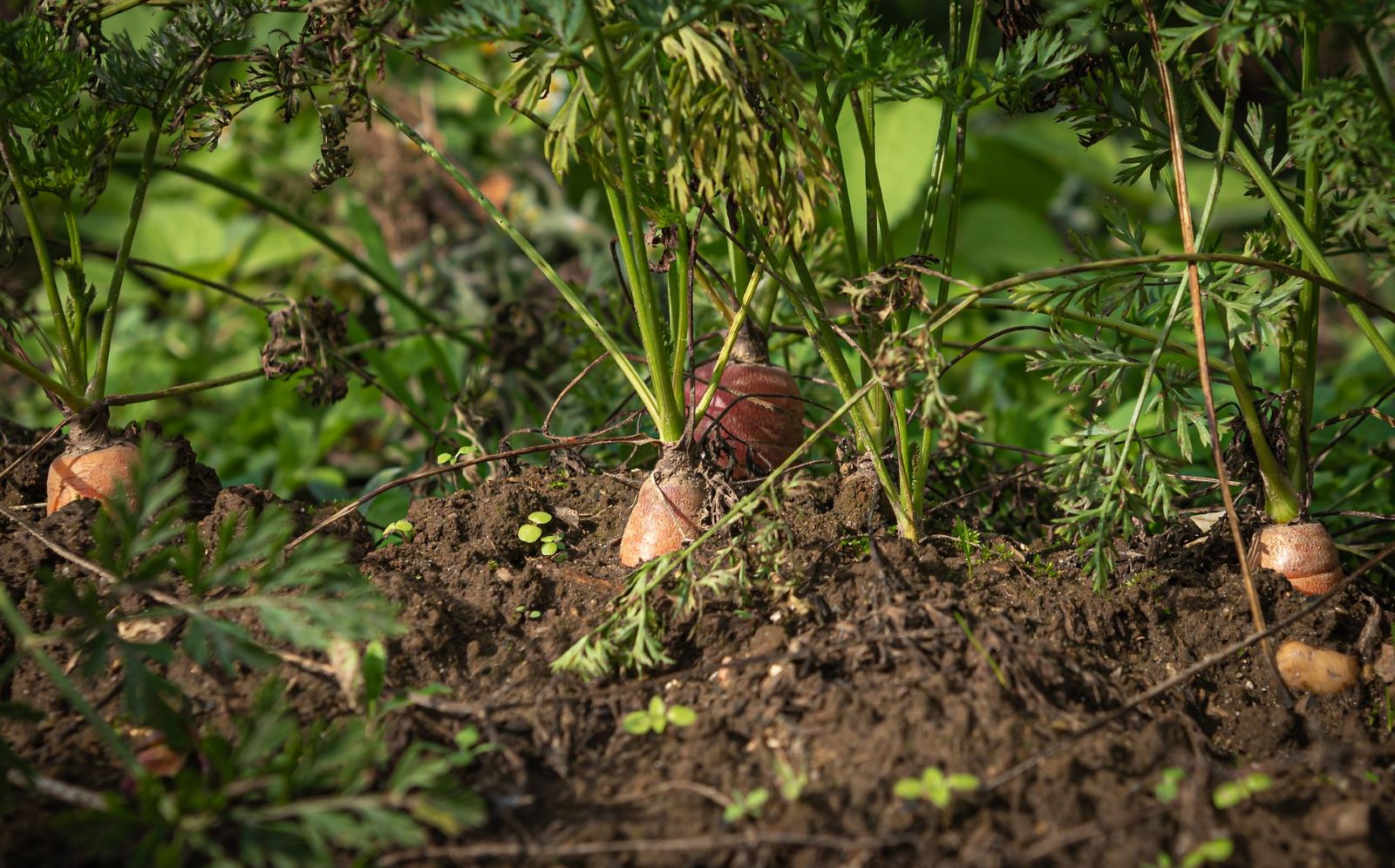
Agriculture must be part of the solution, not the problem
Agriculture and biodiversity have been inextricably linked for as long as we humans have been producing our own food. As the source of all variety in our crops and livestock, biodiversity is the very foundation of agriculture. It is also a powerful force in our continued ability to produce enough food to feed a growing population, supporting farming through pollination, natural pest control, and soil health. In turn, agriculture supports all of humanity, producing an average of 23.7 million tons of food per day and providing livelihoods for 2.5 billion people.
But right now, we have a problem: agriculture poses an unprecedented threat to biodiversity worldwide. Intensified food production is damaging our environment through conversion of natural habitats to monocultures, soil degradation, unsustainable consumption of water, and unsustainable use of pesticides and fertilizers. Although the value of agricultural crop production has almost tripled since 1970, indicators of nature’s regulating contributions — such as loss of pollinator and soil biodiversity — have declined. These issues extend beyond agricultural areas, affecting forests, inland waters and coastal ecosystems.
Fortunately, agriculture is not only one of the problems we face — it can also be part of the solution. Sustainable agriculture can contribute to conservation of biodiversity while reaping the benefits. As we work to achieve our vision of living in harmony with nature, we must improve our agricultural systems to work with biodiversity, not against it. The good news is that many groups are already working to make this imperative a reality.
The Resilient Food Systems programme is part of the critical push to make agriculture more sustainable. A five-year initiative in partnership with the UN Environment Programme, the Food and Agriculture Organization of the United Nations (FAO), and the United Nations Development Programme (among others), this program is enhancing long-term sustainability and resilience for food security in sub-Saharan Africa with activities in 12 countries. To tackle these issues, they are focused on engaging and bringing together stakeholders from both agricultural and environmental sectors, promoting proven actions, and tracking the results to inform decision making. Through an Engage, Act, and Track framework, the program aims to increase genetic diversity of crops, reduce land degradation, recover natural vegetation, and increase the capacity of soils to sequester carbon.
Another step in the sustainable agriculture movement is the Global Symposium on Soil Biodiversity, taking place next year. From bacteria to fungi to earthworms, the life in our soils is crucial to plant health (and therefore, to our health). The FAO is hosting this major meeting from 10-12 March in Rome.
More information:
Sustainable Agriculture Factsheet
Resilient Food Systems Website
Global Symposium on Soil Biodiversity